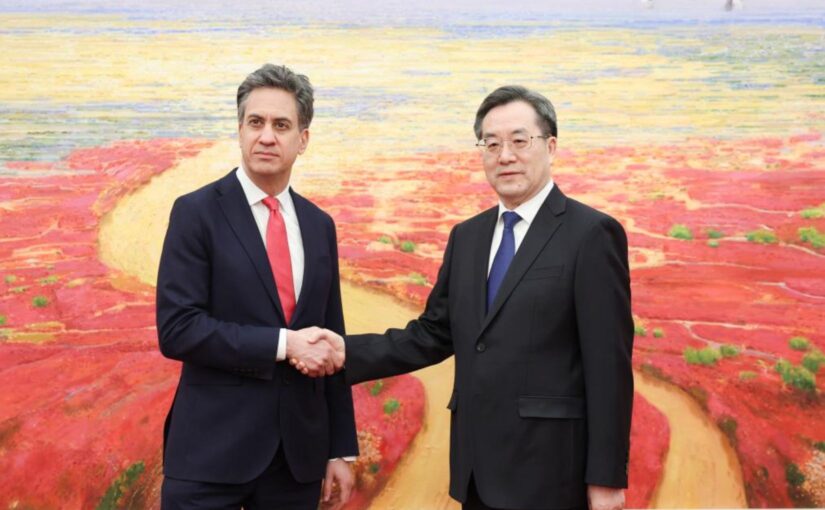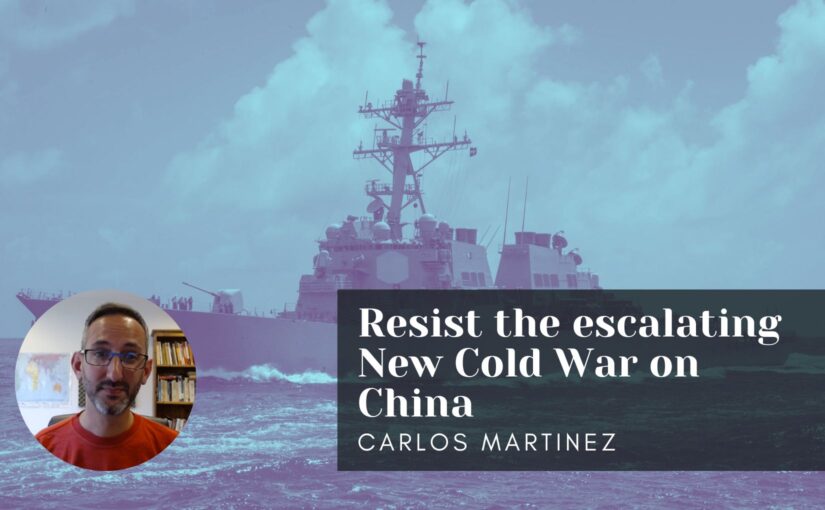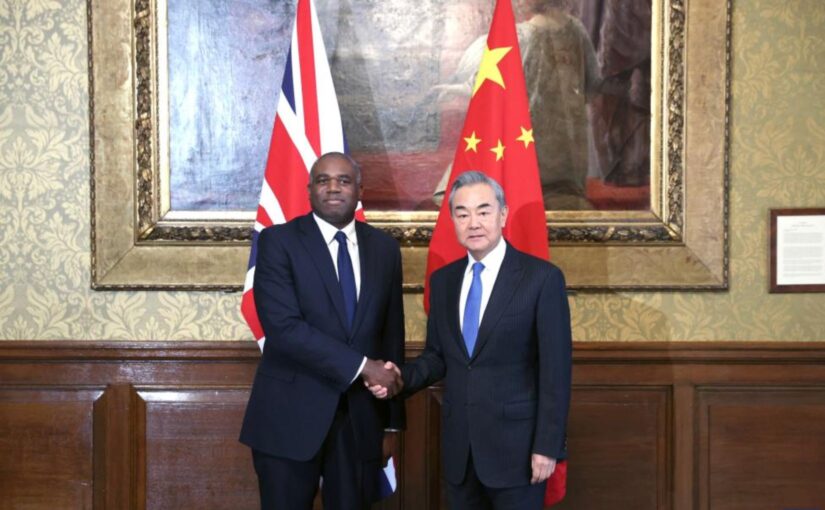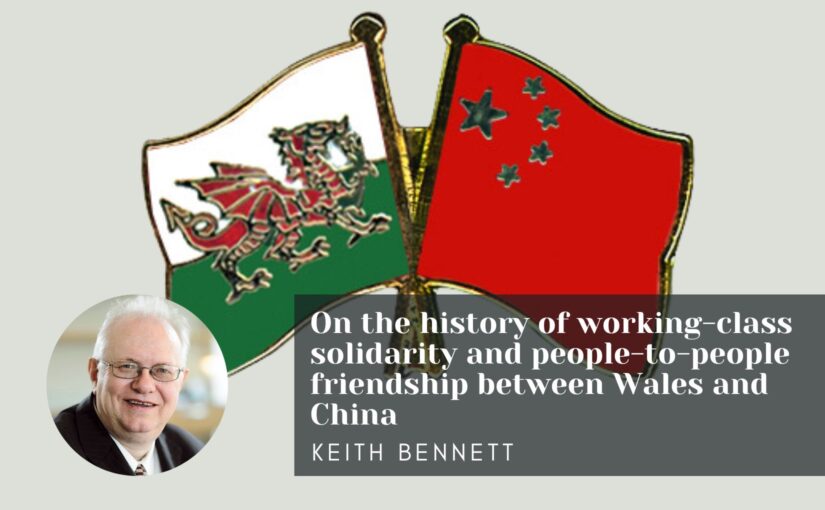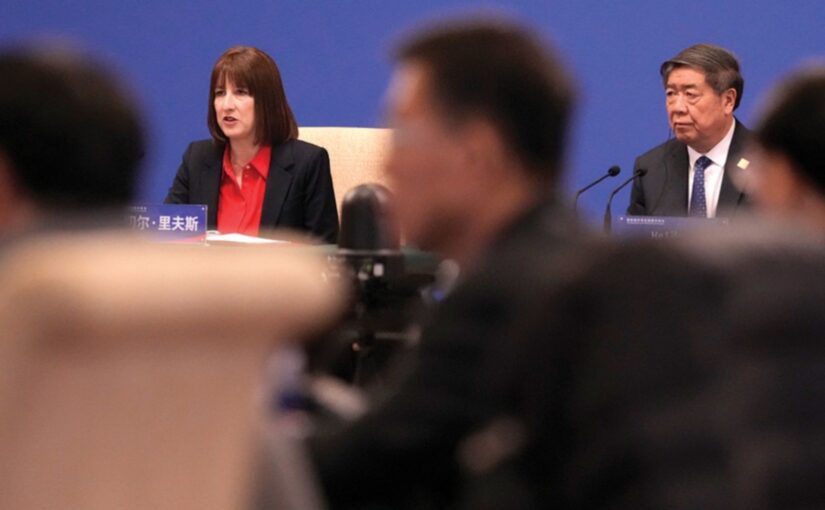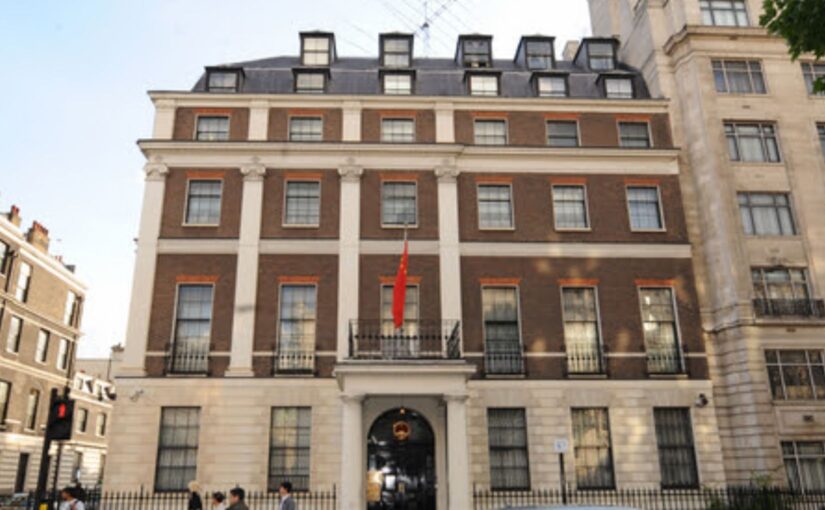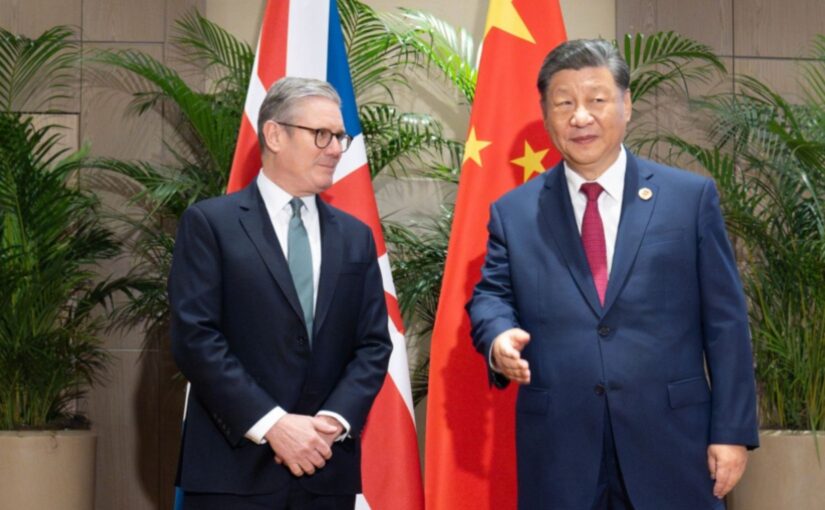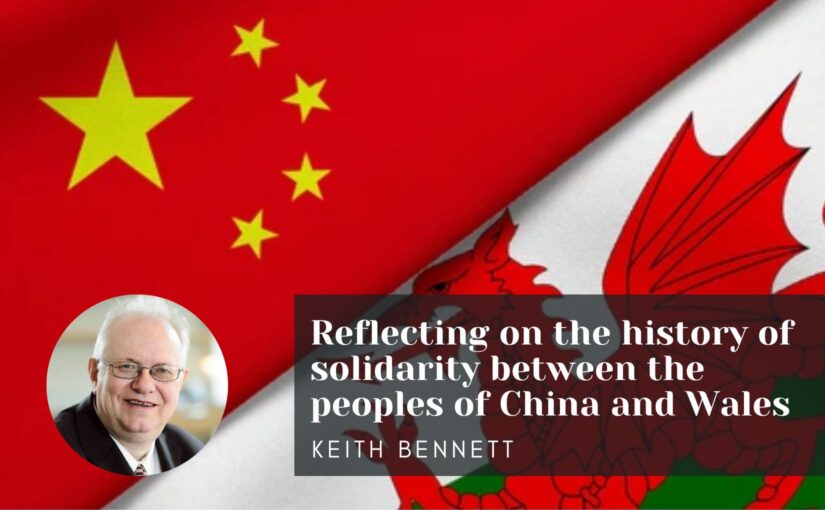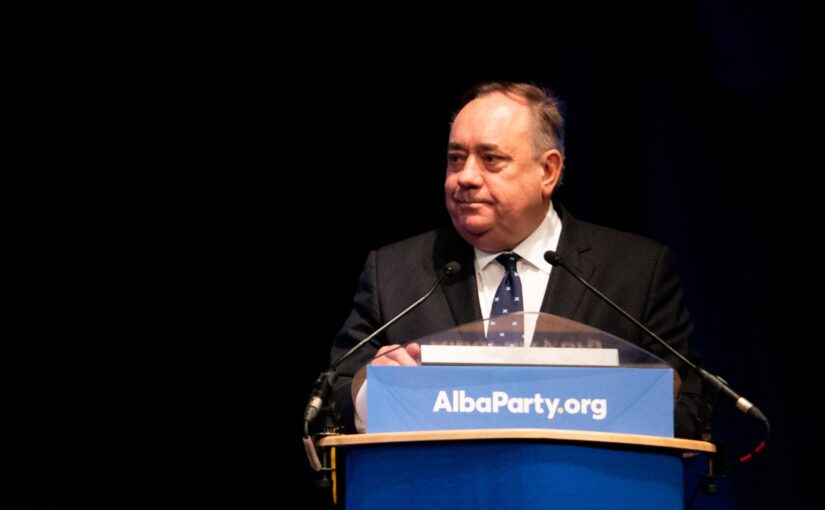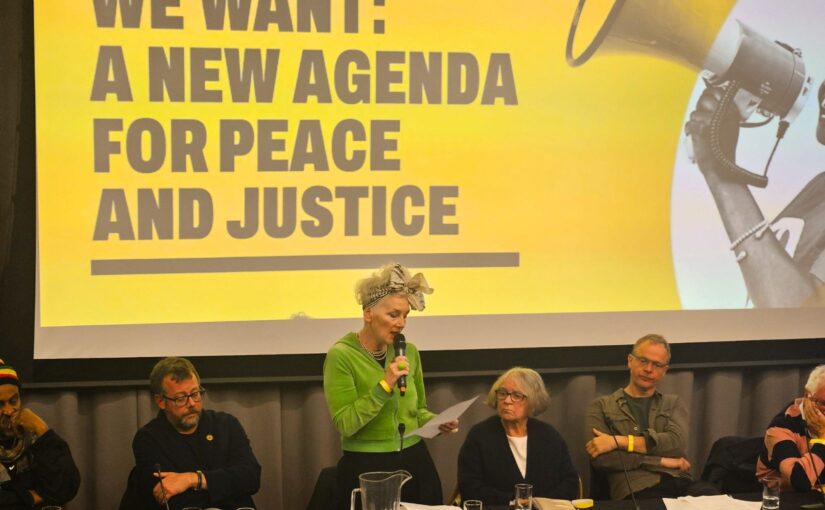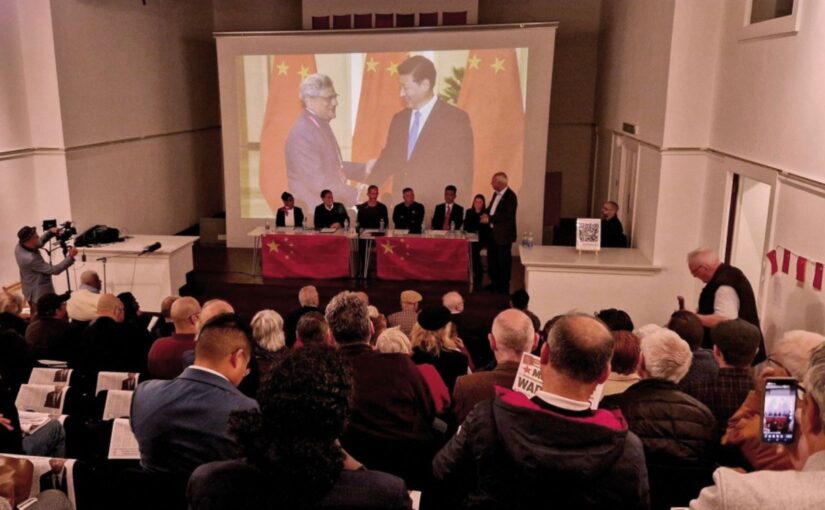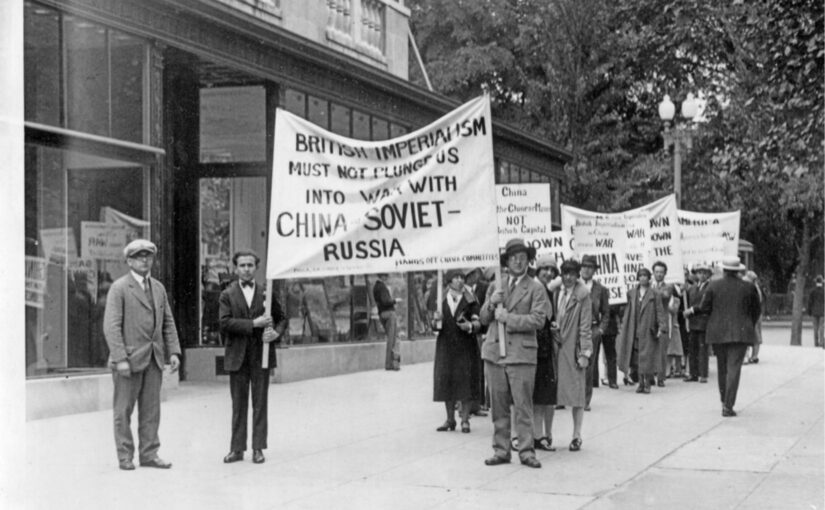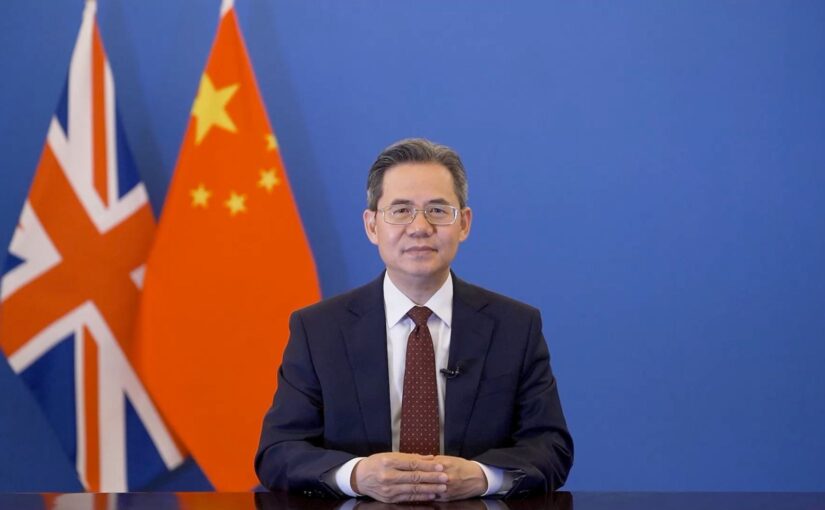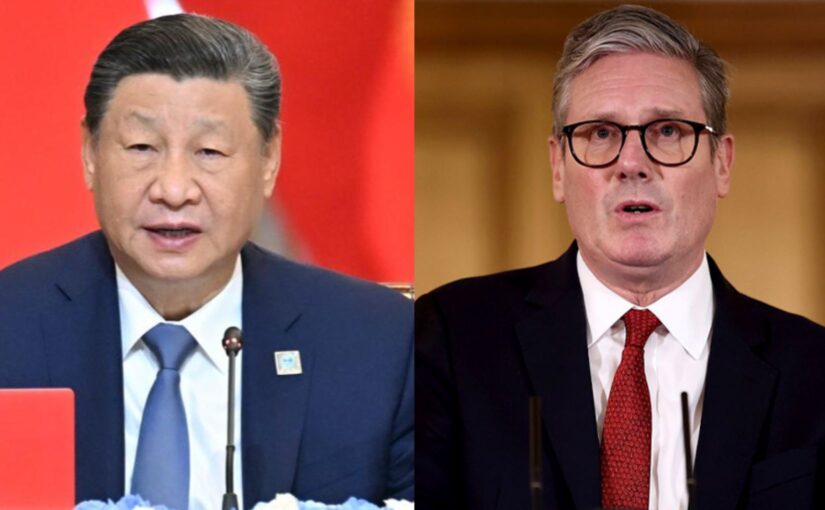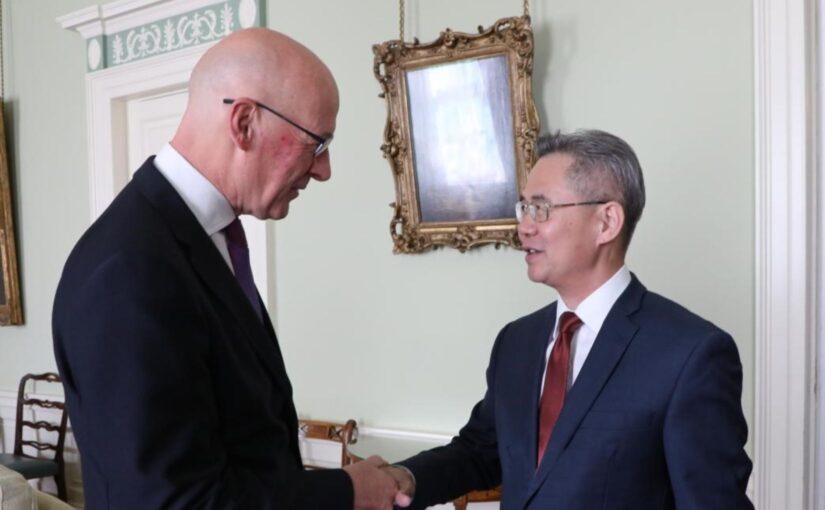Chinese Vice Premier Ding Xuexiang met with Ed Miliband, British Secretary of State for Energy Security and Net Zero, in Beijing on Monday 17 March. According to a UK government press release, this was the first formal bilateral discussion between the two countries on climate action in nearly eight years.
At the meeting, Ding Xuexiang stated that developing stable and mutually beneficial relations between China and the UK serves the common interests of the two peoples, facilitates global economic growth, and promotes joint efforts to address global challenges.
Xinhua reports: “Miliband said the UK government sincerely hopes to enhance engagement with China, is committed to developing a long-term and constructive bilateral relationship, and stands ready to strengthen cooperation with China on energy security and addressing climate change.”
Miliband also met with Wang Hongzhi, head of China’s National Energy Administration, after which meeting the two sides signed a memorandum of understanding, outlining key areas of cooperation including power grids, battery storage, offshore wind power and green hydrogen.
As Friends of Socialist China co-editor Carlos Martinez commented to the Morning Star, it is a positive sign that Miliband has visited Beijing and that the British government is exploring opportunities for cooperation with China around the climate emergency.
After all, China is the world’s only renewable energy superpower, and is leading the way globally in terms of electric transport, afforestation, biodiversity protection, pollution reduction, sustainable water management, and more. A report from Yale School of the Environment notes:
Today, China has more than 80 percent of the world’s solar manufacturing capacity. The extraordinary scale of China’s renewables sector output has driven down prices worldwide, and this is a key factor in reducing the cost barrier to renewable systems for poorer countries. Today China not only holds important positions in wind and battery technologies, but a Chinese company, BYD, has become the world’s biggest EV manufacturer, and China is poised to pose a formidable global challenge in all aspects of electric transportation to established vehicle brands.
The idea that the West can solve the climate crisis while simultaneously “decoupling” from China is thus entirely unrealistic, and clearly there is a great deal Britain can learn from China.
Miliband’s visit to Beijing is a step in the right direction. Less helpful are his remarks in the Guardian on 14 March 2025, promising to “raise issues including forced labour in supply chains, Russia’s invasion of Ukraine and human rights in Hong Kong”.
The slanderous accusations of forced labour in Xinjiang have been used to impose sanctions on Chinese renewable energy materials, and as such form a direct impediment to global climate action.
Meanwhile it’s Miliband’s own government which is basing its growth strategy on the expansion of the arms industry rather than pursuing a Green New Deal. This same government has actively contributed to NATO’s proxy war in Ukraine, which is having a disastrous environmental impact – aside from its tragic more immediate human impact.
Furthermore, the British government’s recent cuts to its overseas aid budget will “make it more difficult for the government to deliver on a promise to increase climate finance to developing countries”. This doesn’t compare favourably with China’s construction of a Green Belt and Road, providing investment in renewable energy and green infrastructure projects across the Global South.
British politicians would do well to drop their empire nostalgia and to avoid hectoring their Chinese counterparts. When it comes to humanity’s shared project of preventing climate catastrophe, Britain has more to learn than to teach. While China has established itself as by far the global leader in renewable energy, Britain “has lost its position as a global leader on climate action”.
Miliband is correct to say that “it is simply an act of negligence to today’s and future generations not to engage China.” Parroting Washington’s anti-China Cold War propaganda will only create friction in this important relationship. It is to be hoped that Miliband’s trip to Beijing is a springboard for further cooperation.
